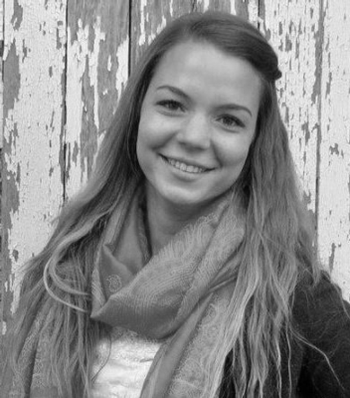University of Wisconsin given $5 million grant to create climate change fairytale
The University of Wisconsin-Madison (UW-Madison) has been granted almost $5 million of taxpayer dollars in order to create a website that depicts a utopian scenario in which Americans have acted on climate change by the year 2070.
The National Science Foundation (NSF) awarded $4,911,961 to the university in order to advance understanding about the Yahara Watershed in Wisconsin. The project consists of envisioning hypothetical situations, “snapshots of how life in the region might look under differing conditions of change”, which will be run on the University of Wisconsin-Madison’s website until March 2016.
The scenario, which reads like a fairy tale, was written by Jenny Seifert, the Science Writer/Outreach Coordinator for the project.
“Scenario thinking gives communities, such as the Yahara Watershed, the power to envision different pathways to prosperity and to protect human well-being for generations to come,” Seifert wrote in her blog.
In the scenario, youth bring about the “Great Transition” in the 2040s. This results in a community that shares economic resources and land. Those reluctant to share their private property ended up in a court battle, which resulted in a unanimous ruling to confiscate their land to create a nature preserve.
Earth Day has grown to become a mainstream holiday. Americans have a “primarily plant-based” diet due to “widespread public concern over the climate footprint of livestock,” and there is an emphasis on the Gross National Happiness index as an “official gauge of prosperity” in the “pursuit of sustainable happiness.”
Aaron McEvoy, former president of UW-Madison’s Young American’s for Liberty chapter, told Campus Reform that he wasn’t on board with the project, which he refers to as “pseudoscience,” as “taxpayer money is spent on so many horrifying things.”
“Ideally we wouldn’t be spending a bunch of taxpayer money on any of this stuff,” he said in an interview. “I am of mind that we shouldn’t be spending that money like that.”
Seifert contends that these are “plausible stories about the future” and will allow us to “have some power in determining how our communities react to both foreseeable and unforeseeable changes to our environment”.
Via The Washington Free Beacon
Follow the author of this article on Twitter: @samantha_reinis

